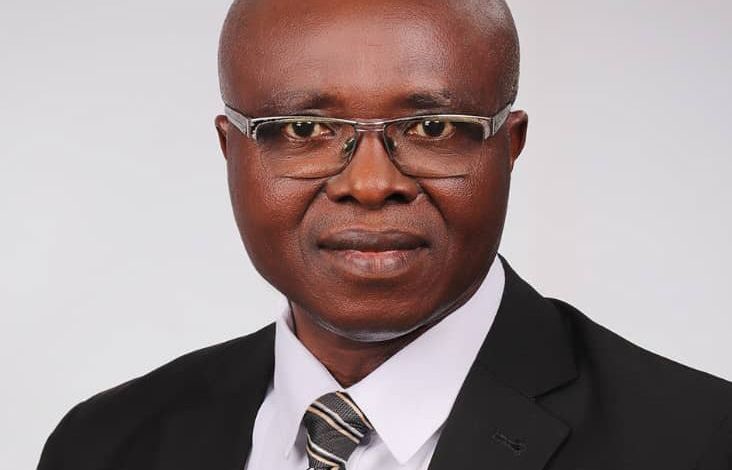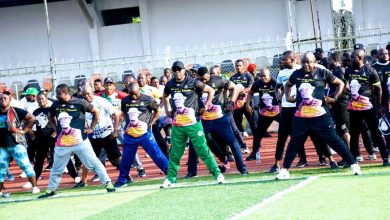Senior Advocate tasks FG, States to reverse Nigeria’s poor socio economic ranking

By Donald Nwaneri
Senior Advocate of Nigeria, Barr. Ngozi Olehi, has challenged the Federal and State Governments in Nigeria to devise concrete policies to reverse the country’s poor rankings on human capital development, rule of law and sustainable development without which the multidimensional excruciating poverty profile will worsen.
Addressing newsmen in Owerri, Olehi, noted that the country’s abundant natural endowments require accountable leadership to transform raw wealth to economic prosperity that will benefit the entire citizenry.
Barr. Olehi regretted that Federal and State Government officials in Nigeria regard democratic and electoral institutions as their personal chattels that will deepen their hold on power and drive their selfish desires to be strong politicians even when social, economic and infrastructural indices are at pitiable levels of non-performance or dismal dilapidation.
He expressed concern that the politicians are more concerned with how to rig the next elections and perpetuate themselves in power without any iota of concern about the economy they have wrecked, the insecurity they have created to cover their atrocities and high-profile corruption.
He also accused Nigerian political leaders of deriving joy from the suffering of the ordinary citizens just as they “rejoice in as more than 70% of the people have been pushed into penury through poor macro-economic governance and selfishness of leaders.
“It is impossible to move Nigeria beyond current primordial levels of governance at all tiers without servant leadership and well-articulated policy framework for strengthening institutions, human capital development and integrating the pivotal role of the rule of law in public service.
“The evidence of transactional governance litter everywhere as governance has become the surest route to stupendous wealth while the political class do not practically bother that Nigeria, the world’s largest black nation has been degraded through uncharitable and callous patterns of governance, to the world’s poverty capital.,” he added.
Quoting the World Bank’s study a few years ago, he revealed that the total economic value of natural assets was $44 trillion worldwide, or $7,000 per person on average, while “intangible” capital accounted for the greatest component of total wealth worth a massive $540 trillion worldwide.
The Legal luminary pointed out that though the World Bank and some international financial institutions gave Nigeria bitter pills to swallow to heal Nigeria’s gravely failed economy, their models for governance on accountability, transparency and the rule of Law failed to restore confidence of the governed, and attract foreign direct investments without which any economy stagnates into penury.
According to him, the World Bank study shows that the totality of the wealth of a nation has three key inputs; the nation’s produced wealth (infrastructure), natural wealth ( oil and gas) and intangible wealth ( human capital and quality of institutions) adding that worldwide natural capital accounts for 5% of total wealth.
His words, “While produced capital and intangible capital account for 18% and 77% of total wealth respectively, making intangible capital, the true wealth component of wealthy nations, he noted that the richest countries of the OECD are characterized by high intangible capital and low natural capital.
“While the poorest countries of sub-Sahara Africa are characterized by high natural capital and lower intangible capital which is worsened by leadership deficits, high cost of governance and dreadful levels of sophisticated corruption as well as the inexplicable absence of strong institutions, human capital development and abject level of rule of law.”
The Senior Advocate stated that high intangible capital positions countries with focus on them like Switzerland which has no spec of natural endowments on the apex of global wealth.
The Imo State born SAN lamented that Federal and State Government officials in Nigeria regard democratic and electoral institutions as their personal chattels that will deepen their hold on power and drive their selfish desires to be strong politicians even when social, economic and infrastructural indices are at pitiable levels of non-performance or dismal dilapidation.
“The politicians are more concerned with how to rig the next elections and perpetuate themselves in power without any iota of concern about the economy they have wrecked, the insecurity they have created to cover their atrocities and high-profile corruption.
“They rejoice in as more than 70% of the people have been pushed into penury through poor macro-economic governance and selfishness of leaders,” he lamented .





